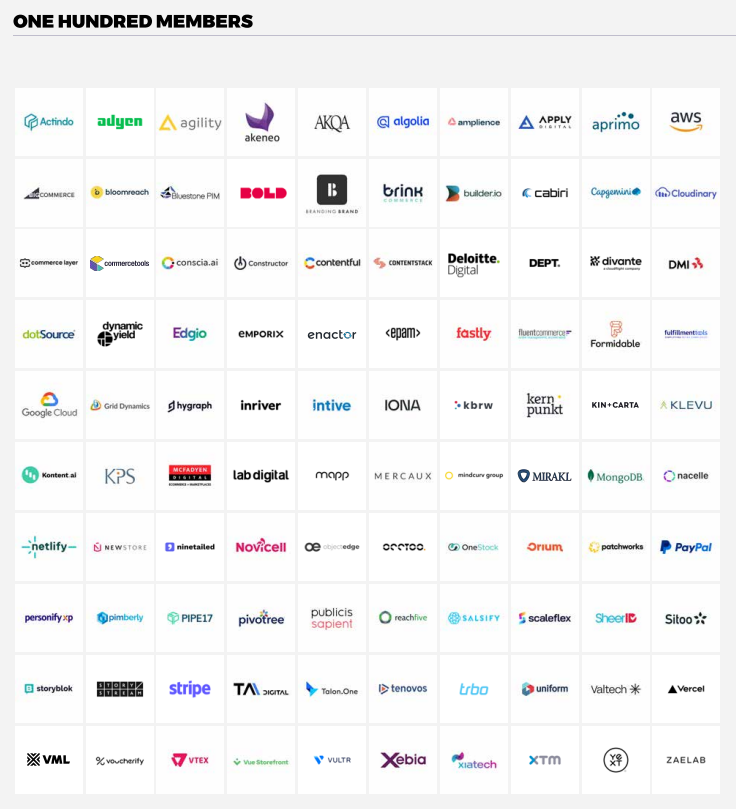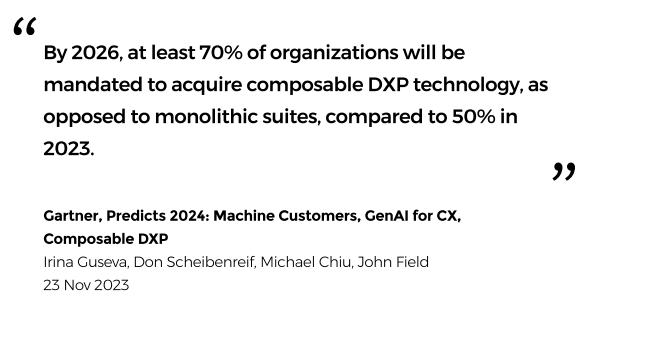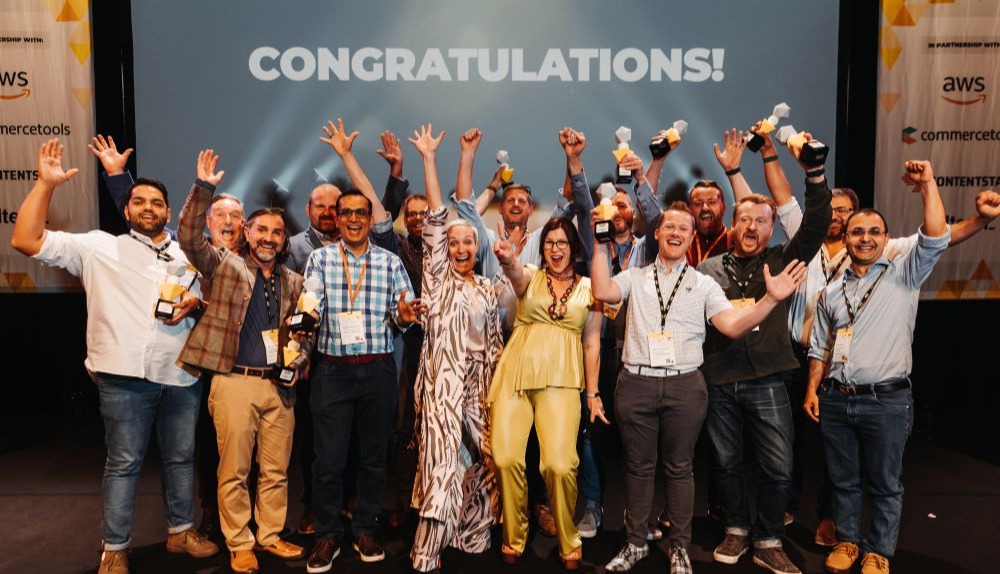With membership breaking the three-digit mark and multiple key milestones passed, the MACH Alliance has celebrated 2023 as a banner year in its first annual report.
The report finds that demand for Microservices-based, API-first, Cloud-native and Headless (MACH) solutions continues to grow strongly, particularly in North America.
Therefore, the Alliance has committed itself to regularly evaluating and broadening the membership criteria. Admittance now includes “Supporter Members” like PayPal, a new addition for 2023.
Looking forwards to 2024, the MACH Alliance predicts that the integration of AI and machine learning into MACH architectures is expected to further enhance automation, personalization and predictive analytics.
2023 Highlights
Last year the MACH Alliance passed 100 members across 7 categories (including Independent Software Vendors and Systems Integrators), 38 ambassadors and 2k+ event attendees.

Credit: MACH Alliance
Hearteningly, 70% of MACH Alliance members currently state that certification is often a prerequisite in the Requests For Proposals (RFPs) that they participate in.
PayPal joined the Alliance in 2023 as its first Supporter Member, which are companies that wish to actively engage and input in the MACH community, but sit outside certification requirements.
In 2023, there were 225 applications to join the Alliance, of which 110 were accepted (which means a lofty 46% rejection rate). Actindo joined the MACH Alliance in 2021 as its first ERP member.

Credit: MACH Alliance
"We’ve seen a marked surge in member applications from established vendors, who are actively building their MACH credentials through strategic acquisitions and innovative re-architecting of solutions,” said Casper Rasmussen, President of the MACH Alliance.
Financially, the MACH Alliance turned a small profit last year on revenues of $3.9m, of which 66% came from membership fees, 25% from the MACH Two flagship event, and 9% from other events.
This enabled the Alliance to build a dedicated in-house team and “robust operations function”.
2024 Outlook
The continued growth of MACH and composable technology will diversify ecosystems across various industries, including the development of industry-specific solutions such as in healthcare and finance, according to the Alliance.
And of course, the integration of AI and machine learning into MACH architectures is expected to further enhance automation, personalization and predictive analytics.
Additionally, more comprehensive and user-friendly tools are now emerging to facilitate the development, integration and management of MACH components, making the transition smoother for enterprises.

Credit: MACH Alliance
The first Alliance taskforces are being set up to focus on the “creation of a key output that the Alliance wishes to fast-track", such as a piece of content, a tool, a Minimum Viable Product (MVP) or a launch.
These taskforces will be led by members of the Executive Board (or an individual nominated by them) plus subject matter experts from across the Alliance ecosystem. The first taskforces will be created for the topics of AI, Certification Review and Interoperability.
The Alliance believes that the trend will continue towards favoring modular approaches for IT procurement over monolithic vendor lock-ins. However, challenges in acquiring the “right MACH mindset and skills” remain a priority for the community to ensure meaningful adoption.
A ‘Gartner Predicts 2024’ report states that by 2026, at least 70% of organizations will be mandated to acquire composable DXP technology (as opposed to monolithic suites), compared to 50% in 2023.
The MACH Alliance's 2023 annual report can be found here.
